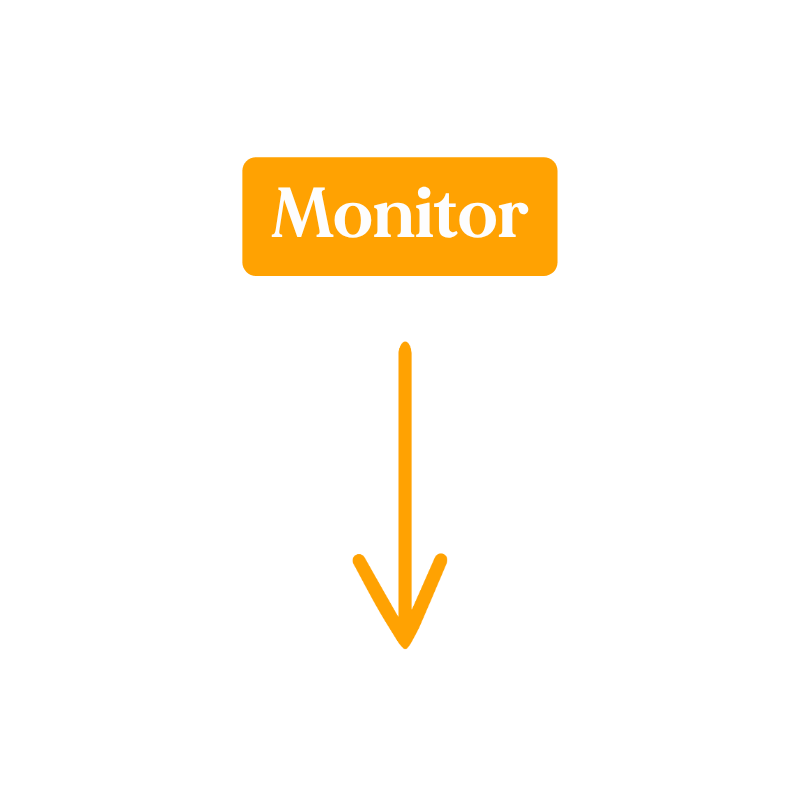
Healing Trauma, Building Futures:
Somatic-Based Interventions
for College Students
HopeNation Campus is committed to transforming the lives of college students through specialized somatic-based interventions that promote trauma healing. Our approach challenges traditional long-term care models by integrating data-driven outcomes to ensure clients are actively progressing, rather than remaining dependent on ongoing therapy or therapeutic relationships. This accountability encourages clients to develop their own agency and resilience throughout their healing journey.
Our Program:
Our program accelerates the mind-body connection by focusing on physiological responses to trauma, empowering students to track and process their healing outside of therapy sessions. With three decades of real-world experience and evidence-based models, we help students process past trauma, build self-efficacy, and cultivate a resilient, empowered future. The result is a healthier campus culture—marked by improved well-being, stronger engagement, increased retention, and a deeper sense of community and belonging.
Our Program's Impact:
Our tailored program is designed to:
Reduce Trauma Symptoms: Effectively alleviate the distressing symptoms associated with trauma.
Foster Connection and Belonging: Strengthen students' sense of community and integration within their campus environment.
Cultivate Cognitive Hope: Increase students' optimism and agency, positively impacting retention, academic performance, and overall well-being.
Demonstrating Tangible Results
Our evidence-based framework consistently delivers meaningful results— in as few as seven sessions.
Significant Reduction in Psychological Symptoms: Our framework has been shown to achieve an average of 68% reduction in reported psychological symptoms, leading to notable improvement in trauma-related issues.
Enhanced Physical Well-being: Clients utilizing our approach have experienced an average of 55% improvement in reported physical symptoms, contributing to overall well-being and enhanced functionality, including job performance.
Our Process:
01 | Triage & Assessment
Our virtually administered diagnostics combined with referrals from your college counseling center increase speed and access to care for students.
02 | Somatic-Based Treatment
Administer Proven Intervention
Somatic-based tools and sessions are specifically designed to reset the nervous system and reprocess the Trauma experience, empowering students to move forward with and benefit from counseling.
03 | Skill Building
Our coordinated care delivers evidence-based practices, helping students heal from Trauma while developing external and internal skills for the future.
04 | Monitor
Digital Check-ins
By connecting diagnostic, treatment, counseling, and intersession check-in data, we deliver more timely, proactive, and appropriate care. We harness treatment data to continuously improve care protocols and outcomes.
05 | Reporting
Customized aggregate data insights empower your counseling center to track progress, identify trends, and make focused decisions for greater impact.
















